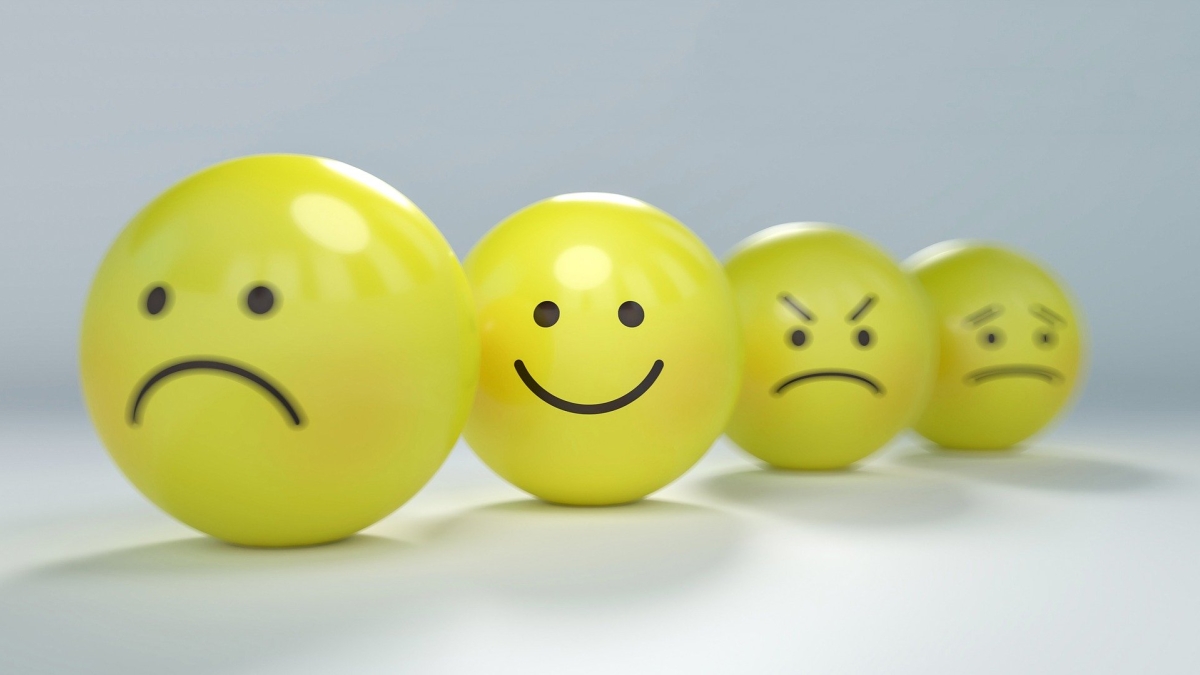Anyone who has ever skipped a meal then lashed out at an unwitting significant other, bystander or retail clerk knows this important life fact: The hanger is real.
Hanger — hunger-induced anger — has even been studied by researchers who found scientific evidence to support the phenomenon.
But what about thirst? Or, more accurately, dehydration? Granted, it doesn’t lend itself quite as gracefully to a clever portmanteau. (Dehydranger? We’ll keep working on it.) But surely, it must be just as impactful on one’s well-being as nourishment from solid food.
Arizona State University College of Health Solutions Professor Stavros Kavouras thought so. His latest paper, published in the British Journal of Nutrition, details a study that linked dehydration to a degraded mood — particularly in women.
Kavouras’ study was not the first to look at dehydration’s effect on mood, but it was the first to induce dehydration in subjects by means of a quantifiable, laboratory-controlled method rather than by exercise or heat exposure, both factors that can affect mood on their own.
“Most of the studies that look at dehydration and mood used exercise or heat exposure, which can be quite miserable external factors,” Kavouras said. “I felt there was a lot of noise in the data, so we wanted to do this study with a more controlled methodology.”
In the study, researchers at ASU’s Hydration Science Lab, for which Kavouras serves as director, induced dehydration in 49 adults — roughly half male and half female — by injecting them intravenously with a hypertonic saline infusion (salt water). The amount was adjusted based on individual participants’ body weight to account for differences between sexes so that all participants experienced the same level of dehydration.
Afterward, participants filled out a questionnaire about their mood.
Researchers were able to measure the hormone response in participants, and found that levels of vasopressin — the hormone associated with dehydration that previous research of Kavoras’ has also linked to impaired glucose regulation — were significantly higher in women than men. What’s more, women reported more emotions associated with a “bad” mood: confusion-bewilderment, depression-dejection and fatigue-inertia.
It’s unclear whether the increase in vasopressin itself is responsible for the change in mood or just an unrelated byproduct. But the main takeaway, Kavouras said, is simple.
“Most of us, when we think of why hydration is important, we think about the impact that it has on our overall physical performance and cardiovascular function,” he said. “But we rarely think of hydration as being linked to mood. So if you want to feel better, just drink some extra water. And for some reason, our data indicate that this positive effect of hydration might be more important in women than in men.”
In the future, Kavouras hopes to expand knowledge of sex differences in biomedical sciences.
“Unfortunately, most of the literature in biomedical sciences has for many years been concentrated on young males,” he said. “But as time goes by, we're learning more and more about the other 50% of the human population, and I think there are lots of things that we will discover about how women might differ from males.”
Top photo courtesy of Pixabay
More Science and technology

ASU postdoctoral researcher leads initiative to support graduate student mental health
Olivia Davis had firsthand experience with anxiety and OCD before she entered grad school. Then, during the pandemic and as a result of the growing pressures of the graduate school environment, she…

ASU graduate student researching interplay between family dynamics, ADHD
The symptoms of attention deficit hyperactivity disorder (ADHD) — which include daydreaming, making careless mistakes or taking risks, having a hard time resisting temptation, difficulty getting…

Will this antibiotic work? ASU scientists develop rapid bacterial tests
Bacteria multiply at an astonishing rate, sometimes doubling in number in under four minutes. Imagine a doctor faced with a patient showing severe signs of infection. As they sift through test…
